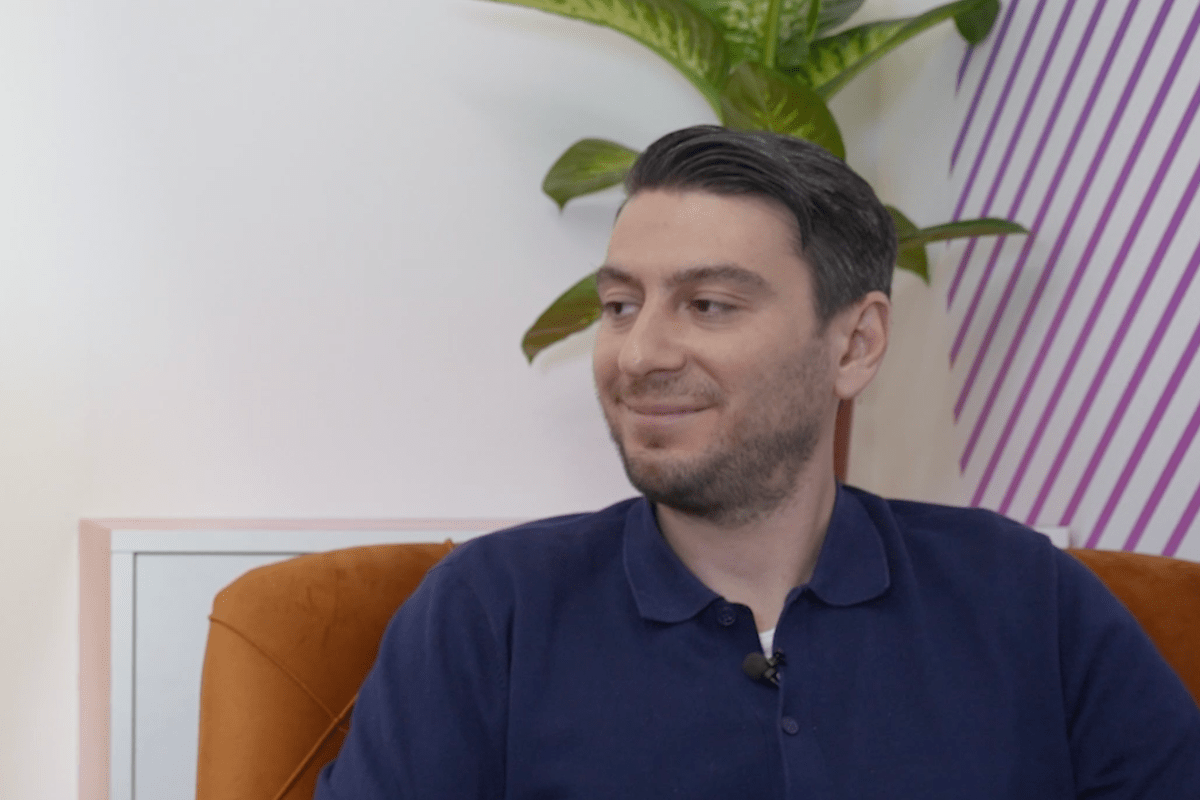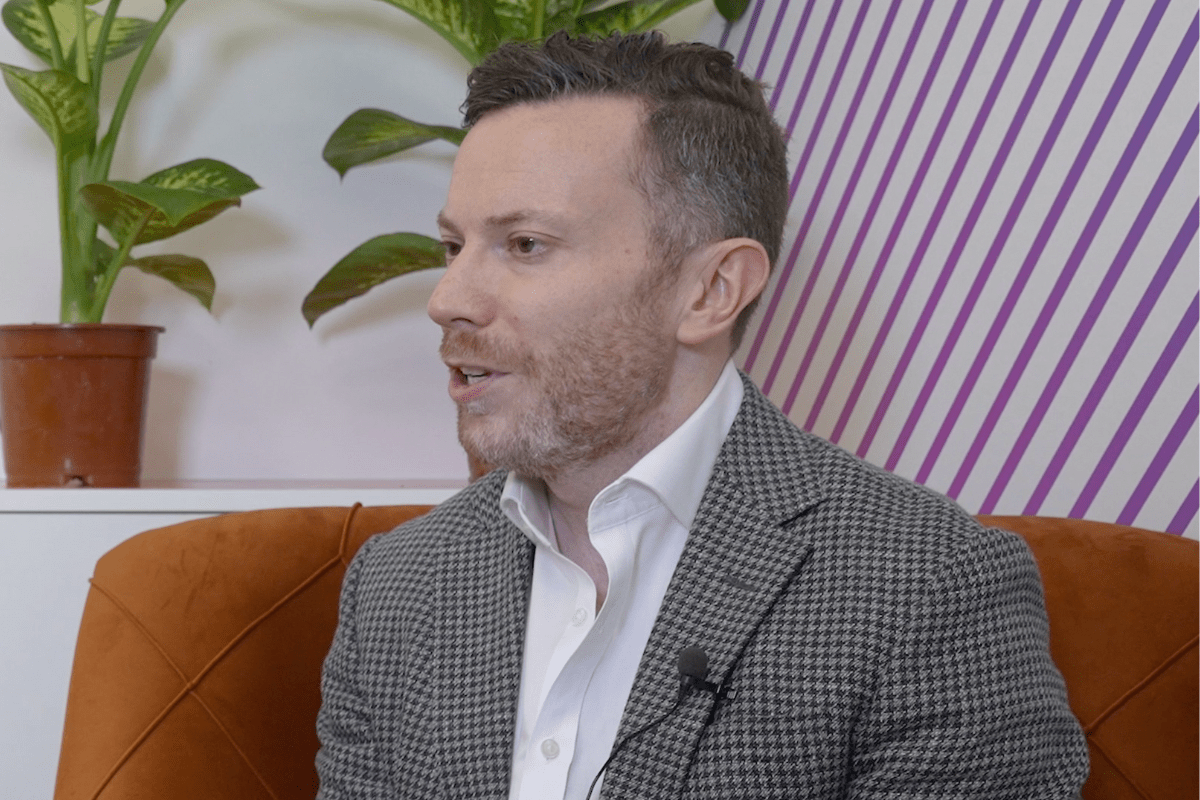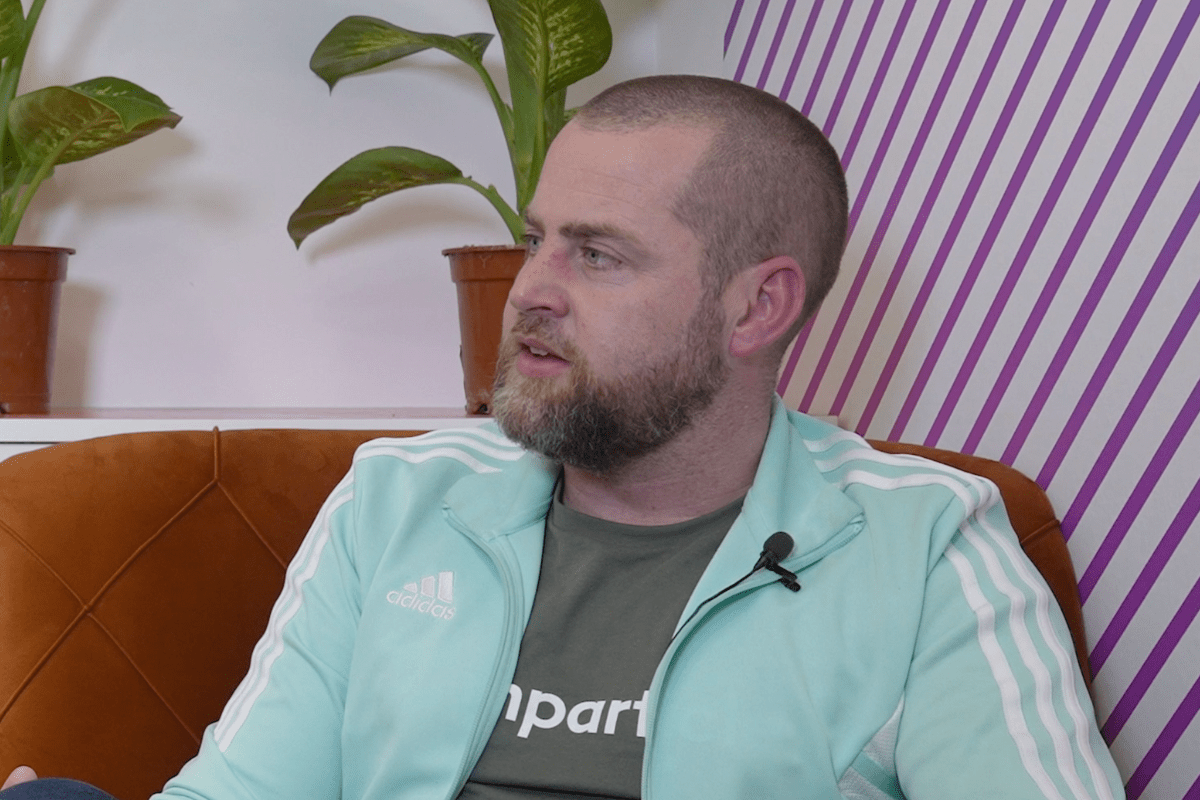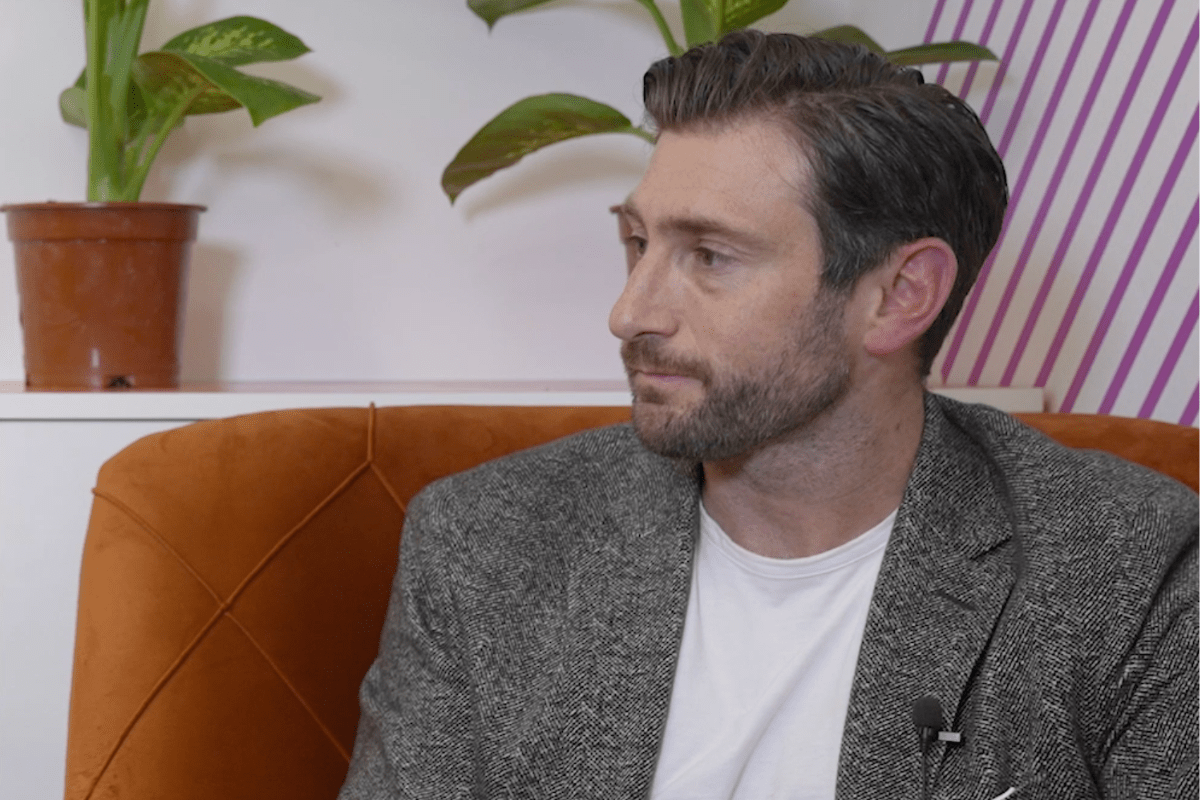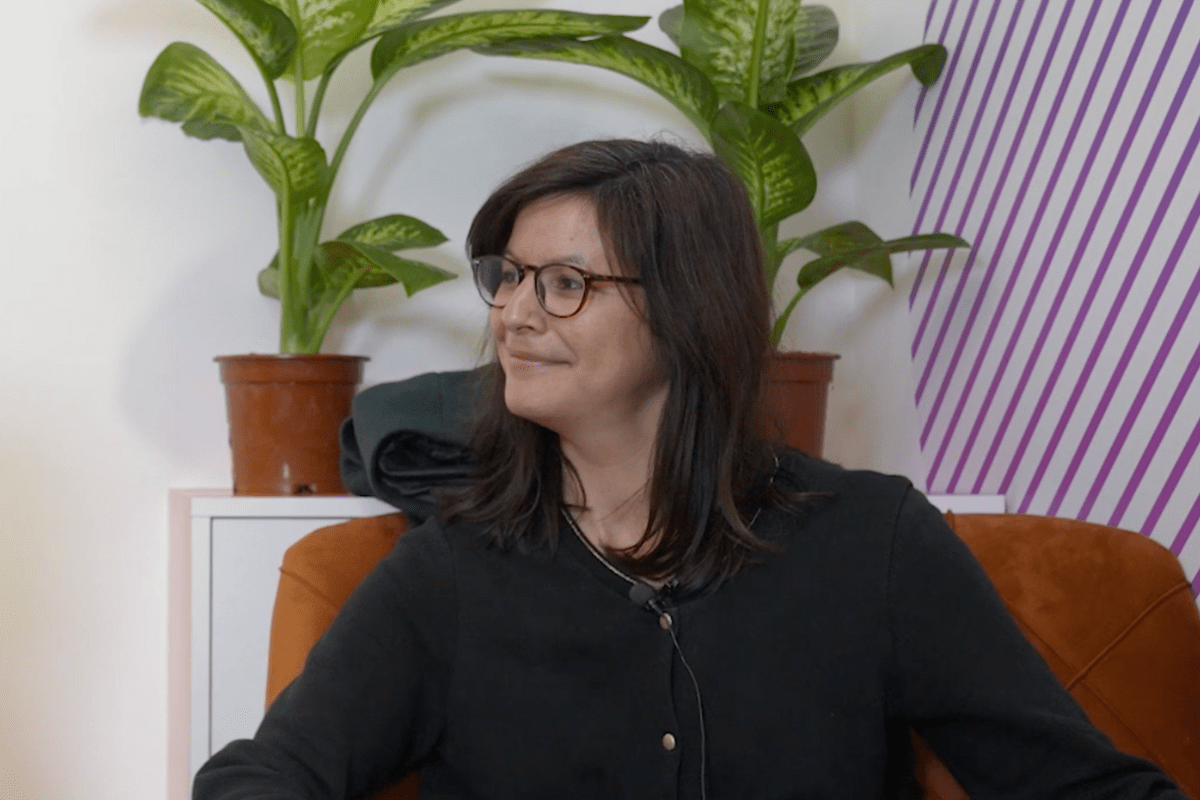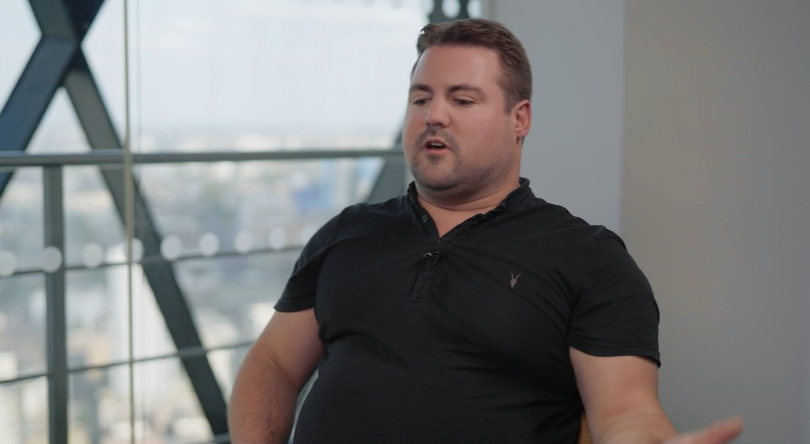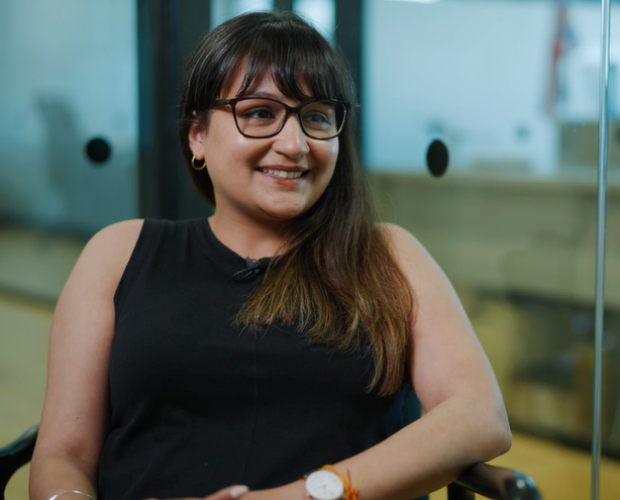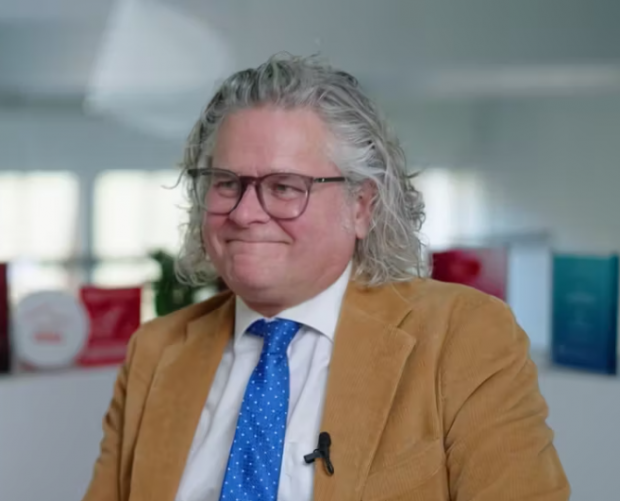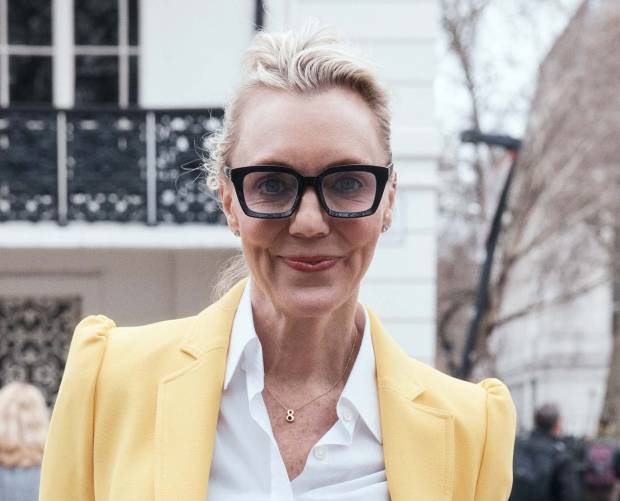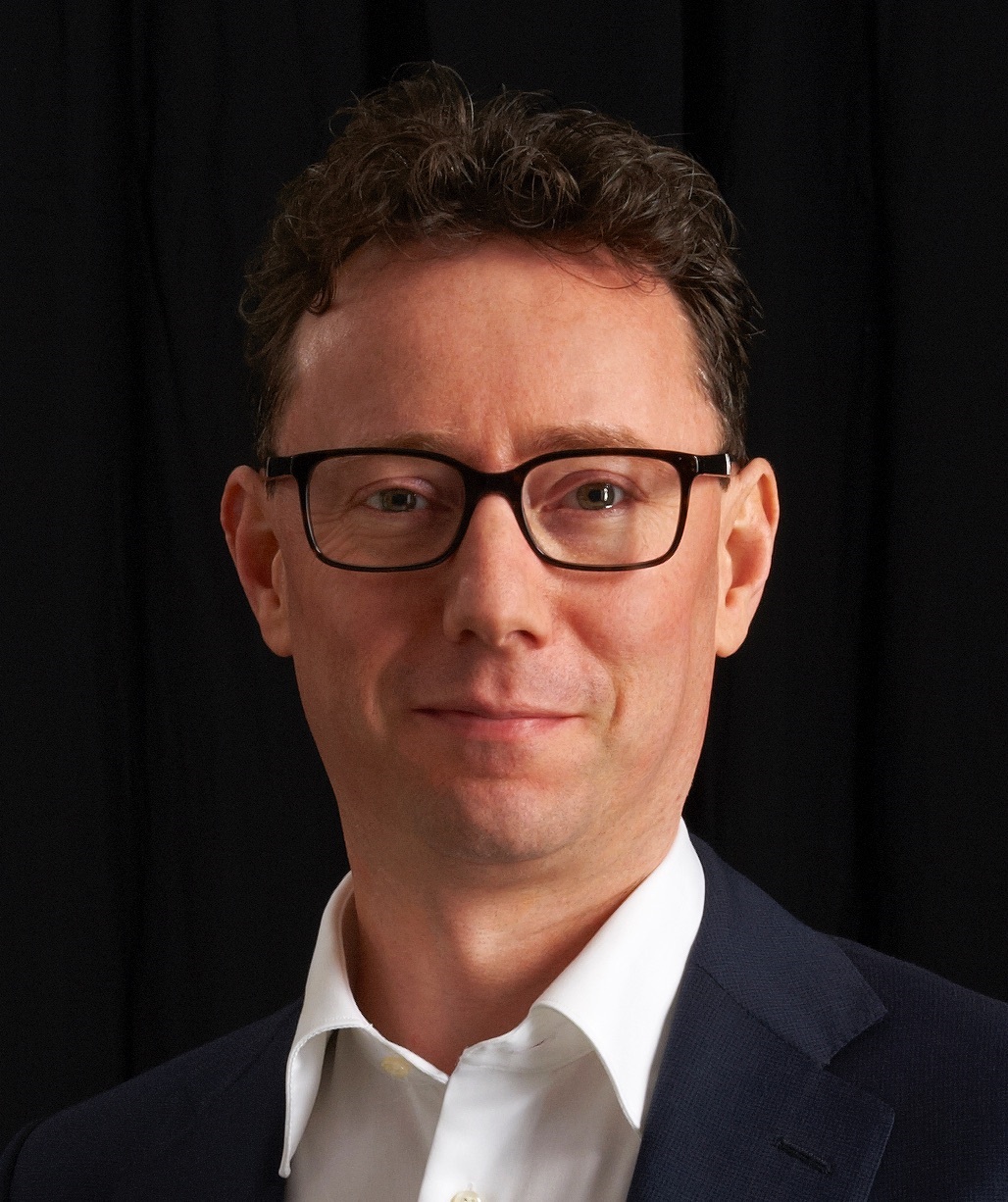 Earlier this week at Dmexco, David Murphy caught up with Ruud Wanck, global CEO of GroupM Connect, to talk programmatic.
Earlier this week at Dmexco, David Murphy caught up with Ruud Wanck, global CEO of GroupM Connect, to talk programmatic.
MM: So to kick off Ruud, tell us how GroupM and its media agencies are adapting to the programmatic world.
RW: We don’t actually use the word programmatic that much. We see it as a transition from media investment management to real-time media investment management. It might not sound sexy or appealing but there is a fundamental difference between the two.
In the advertising world we are used to a lot of manually-driven processes, picking up the phone on the advertiser’s behalf. That hasn’t changed in the real-time world; we still need to be the custodian of the advertiser’s interests, but the interface to the supply side is becoming automated, and it’s moving from near real-time to real-time.
And as we have more technology, then the data becomes more important, and this is why we created GroupM Connect. We think of it as an incubator set up to develop GroupM to the real-time media investment management level.
MM: So how long has GroupM Connect been around?
RW: We have been working on it for a long time, but we launched in May 2015 and since then we have gradually started building our capabilities, bringing in search, social, programmatic, mobile and all the areas that are increasingly planned and bought in real time.
MM: So explain how it works if you would please.
RW: It’s a specialist unit supporting the four GroupM media agencies – Mindshare, MEC, MediaCom and Maxus. So a client comes to Mindshare for example and asks for media strategy and planning, not just for digital but for all media, including TV, radio and out of home.
We provide a support layer, including the technology and the expertise for Mindshare to execute the media plan in real time. We are an enabler on behalf of the four media agencies, an internal platform if you like to support the business.
We have grown rapidly; we are 2,000 people now. This has come about partly by consolidating existing services, and through a lot of acquisitions, such as Greenhouse Group in Benelux and The Exchange Lab. They have an interesting bit of tech called Proteus, which is an operating system through which we can manage and operate all the SSPs (Supply Side single publisher environment.
MM: So when you look at how you could have gone about this process of putting programmatic – or real-time media investment management – expertise into the GroupM media agencies, why did you choose to go down this route of one unit servicing all four?
RW: There is a pragmatic element and a timing element. Programmatic is relatively new, and still developing, so while we know the current shape, we don’t know the shape of things to come and it just doesn’t make sense to do the same thing four times, like the Proteus meta-DSP for example. It would not make sense to create four meta-DSPs.
What we do want to do is to make the consultancy resides in the media agency, because they are the ones who deal with the client, but GroupM Connect can apply leverage and scale and this real-time expertise.
MM: We tend to get caught up with talking about programmatic with reference to digital channels, but with the wider view that you have of the overall media landscape, do you see it moving into other areas?
RW: Definitely. We believe that anything that can be bought programmatically will be. The analogy we try to use is stock trading 15 years ago when you had people running round with ticker tapes and then all of those trades became automated. It will be the same with media.
MM: It’s interesting what you say about the consultancy still residing within the media agency. Does the move to programmatic make the human element more or less important?
RW: It’s more vital than ever. The fact that technology enables us to deliver the message to the right audience, or at least the pre-defined audience, does not in itself make advertising compelling. It’s the combination of art and science that drives the best business models.
When advertising and marketing started out it was all about creativity. Then it moved to delivery and measurement and now in the real-time world, the creative part of it is becoming even more relevant. Really it’s about the combination of research, data and creativity.
MM: I hear what you’re saying, but why is it then that when I go to my phone and fire up an app or a web page, for every beautiful, engaging, rich media ad I see, I see 100 flat, uninspiring banners?
RW: You need to give the industry a little bit of time. Programmatic has only been around the last couple of years, and digital as a serious communications channel is still in its infancy. We are still on the first wave, and I’m convinced that as time progresses and people adapt to this world and understand the opportunities it brings, the quality infusion will happen.
MM: What do you make of what you see here at Dmexco, quite a bewildering choice of ad tech and martech vendors for brands to get their heads round?
RW: As I walk the floor, it reminds me how much value a media agency can bring to the table, navigating this complex world with so many companies and technologies claiming to be able to do great things. This is why I’m positive about the future of media agencies; I think there is an increasingly important role to be the navigator in this and help advertisers get the best from it, so ironically I suppose, I am pleased to see this much complexity.
MM: So how do you keep up?
RW: By having a good team around me, the right people and talent, because this is too much to take in as a single person, so it’s about putting teams and structures in place that understand this stuff.
MM: Final point, there’s been a lot of talk here and elsewhere the past 18 months that all the ad dollars in digital generally and mobile specifically goes to Google and Facebook, what do you make of that argument?
RW: One of our guys wrote a piece describing it in terms of waves in the ocean, and I think that captures it well. We have seen the first wave, and a couple of surfers, Google and Facebook, have picked up that first wave. But I am absolutely convinced that just like in the ocean, there will be a second wave, and a third and a fourth, and what we see is that on the second wave there will be more big TV publishers picking it up and we should not forget that there are some very successful TV companies out there with fantastic content viewed by many people, and when they pick up the second wave, it will create a much more dynamic and broader marketplace.
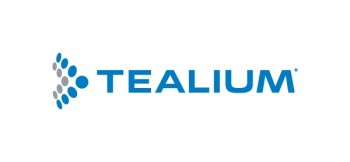
In association with Tealium




